Google Assistant on iPhone: Why it's a game changer for Android
5 things you need to know about Google Assistant on Android
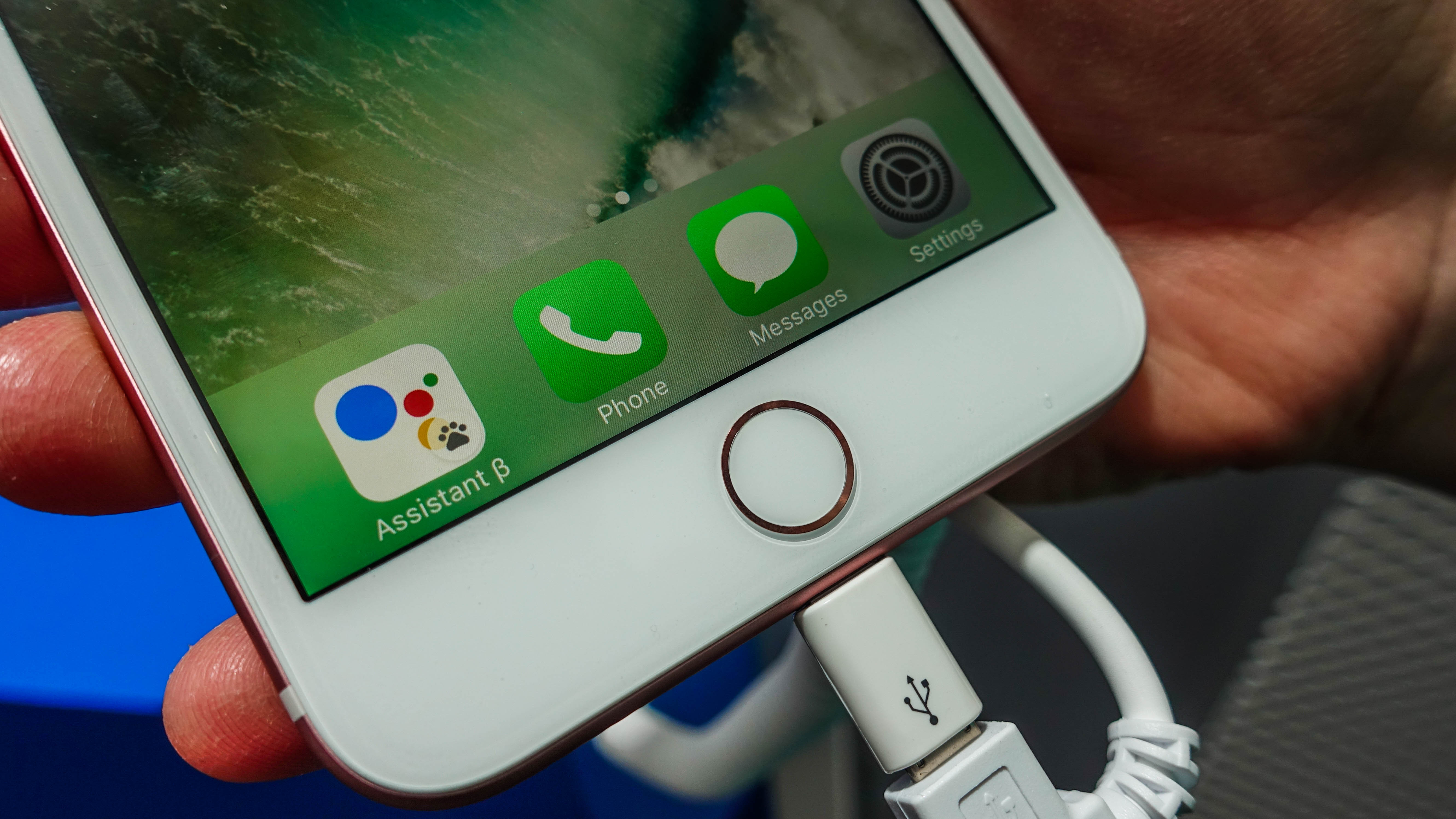
Google Assistant on the iPhone was the most understated announcement at the Google IO keynote, but it's a game changer for the future of your smartphone.
It's Google's voice assistant that's crossing the Android-iOS divide, and it's doing more than just trying to convert Siri users to the Google campus.
The new Apple-flavored Google Assistant isn't perfect, but there are five important things you should know about before downloading the new app.
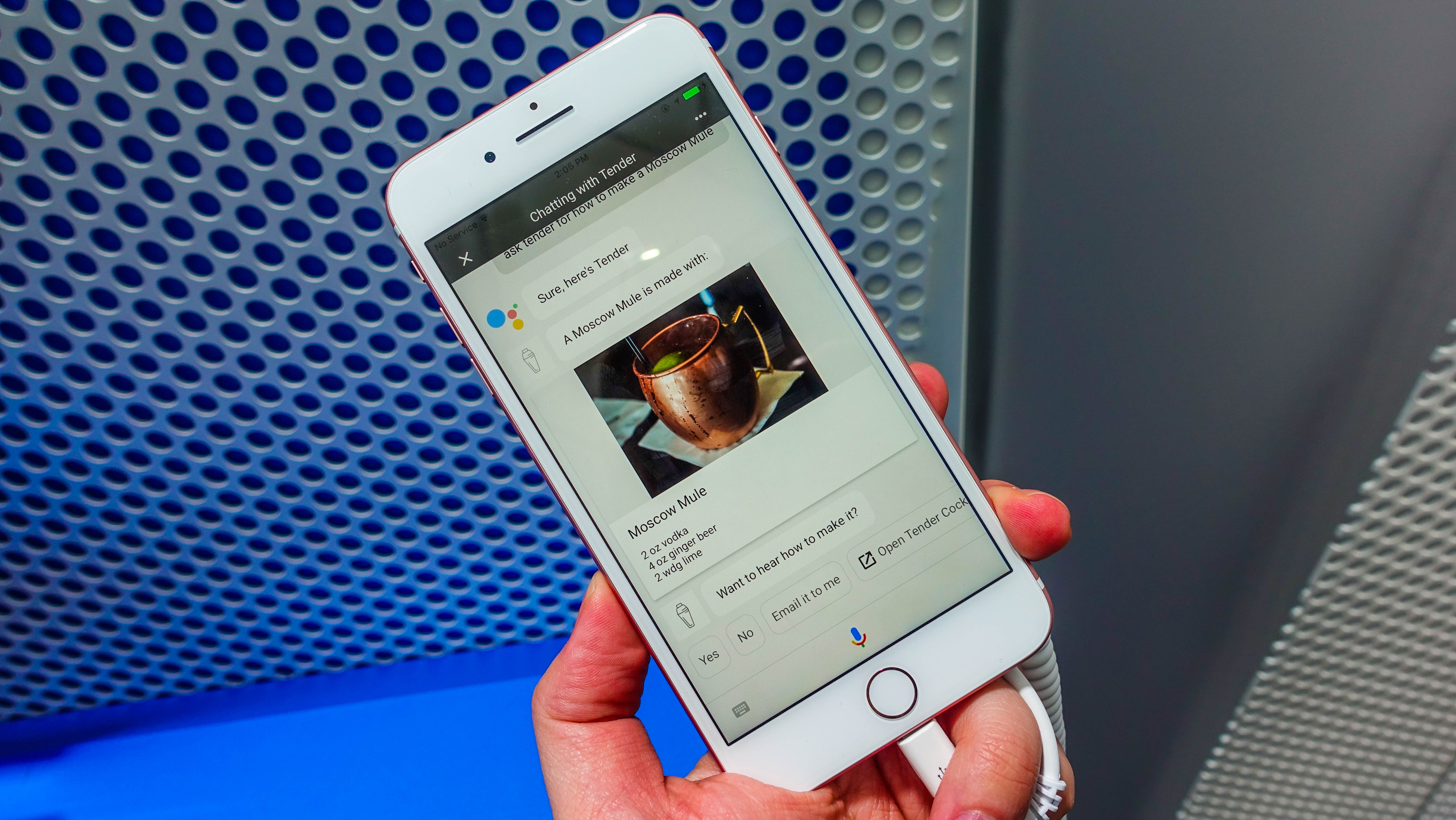
1. It's going to make Google Assistant much smarter
The first thing I thought of when Google Assistant for iPhone launched was not that they're poaching Siri users, but making Android machine learning smarter.
Siri is (and probably always will be) limited to iPhones, iPads and Apple Watches. Google, on the other hand, is now learning how to interact with the other half of the smartphone world.
Harvesting all sorts of data is what Google does best, and being on the iPhone is a big step forward in making Google Assistant the best AI software around.
So, the best part? It's going to make Assistant even smarter on Androids. Genius move.
Get daily insight, inspiration and deals in your inbox
Sign up for breaking news, reviews, opinion, top tech deals, and more.
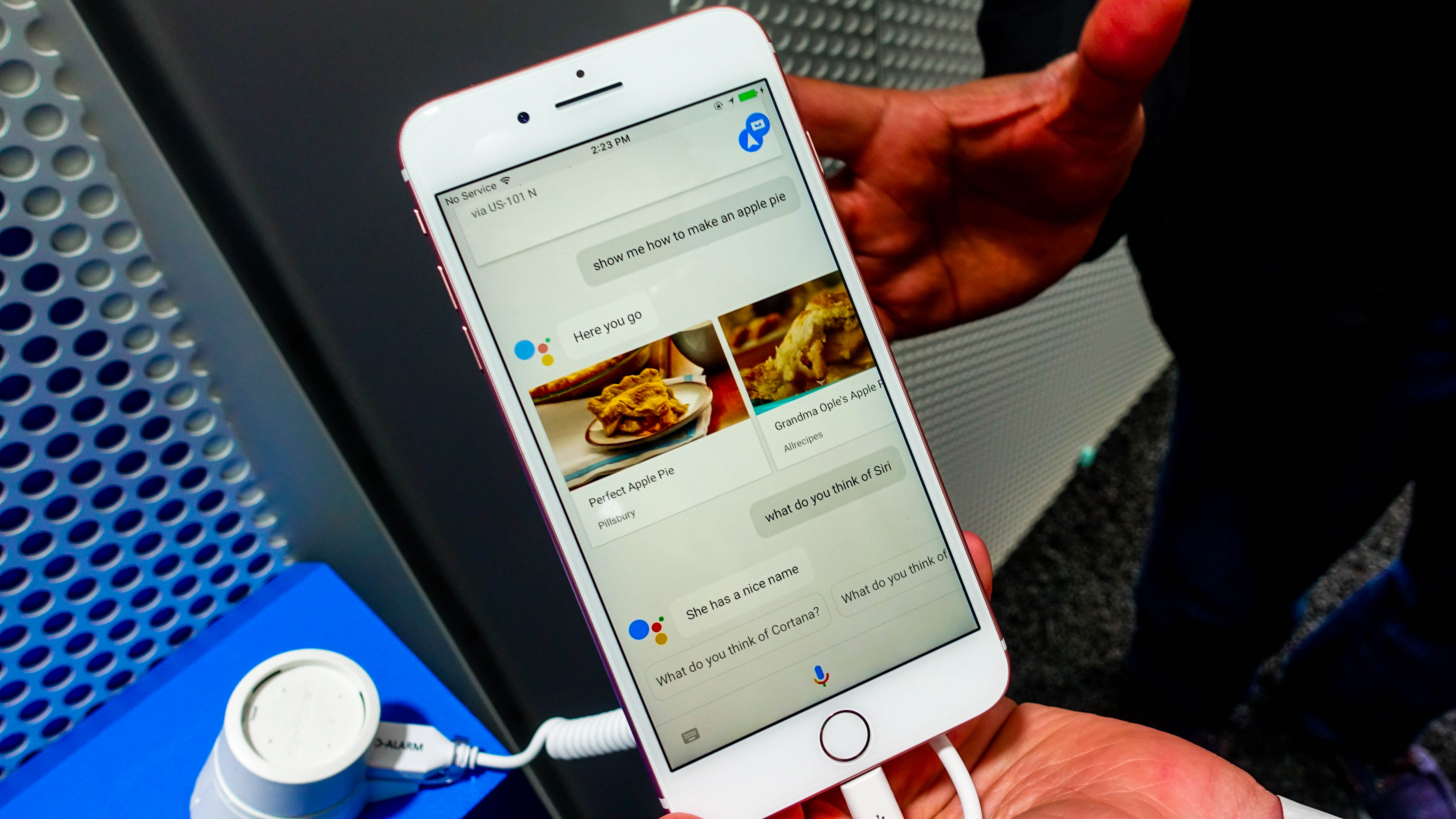
2. Google Assistant understands 'it' better
Google Assistant is smarter than Siri in almost* every way in my testing. That's because Google's voice assistant understands 'it' a little better.
Both Google and Apple have made huge AI advancements. For example, "Who plays for the LA Dodgers?" and a subsequent question, "When is their next game?" brings up a list of all the current players and info about the next Dodger game. Perfect.
But asking Google Assistant "Is it going to rain there?" correctly brought up the weather in Los Angeles (where Dodger stadium is located). Siri didn't factor in "there," despite picking up the dictated word, and gave me weather in Mountain View, California (my current location).
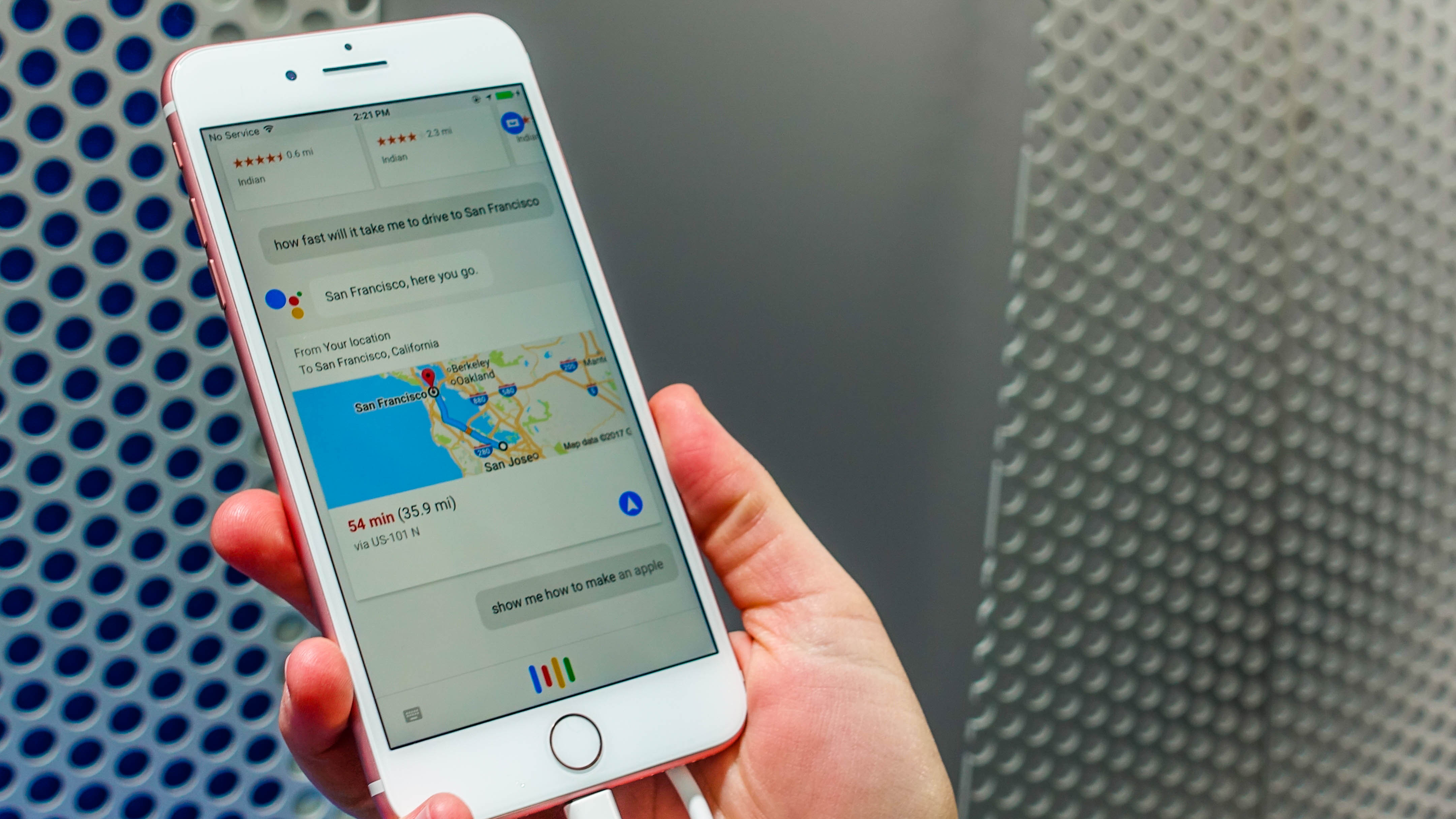
3. It has stronger machine learning potential
Small differences of understanding 'it' and 'there' are a sign that Google is a little further into understanding natural language than Apple.
Combine that with the scary amount of data Google has in its Knowledge Graph and it may be unstoppable in the artificial intelligence space.
It's the same thing that has happened in Maps. Although Assistant and Siri are almost equals right now, Google is a software- and data-driven company.
How is Apple ever going to make up for the vast data gap?
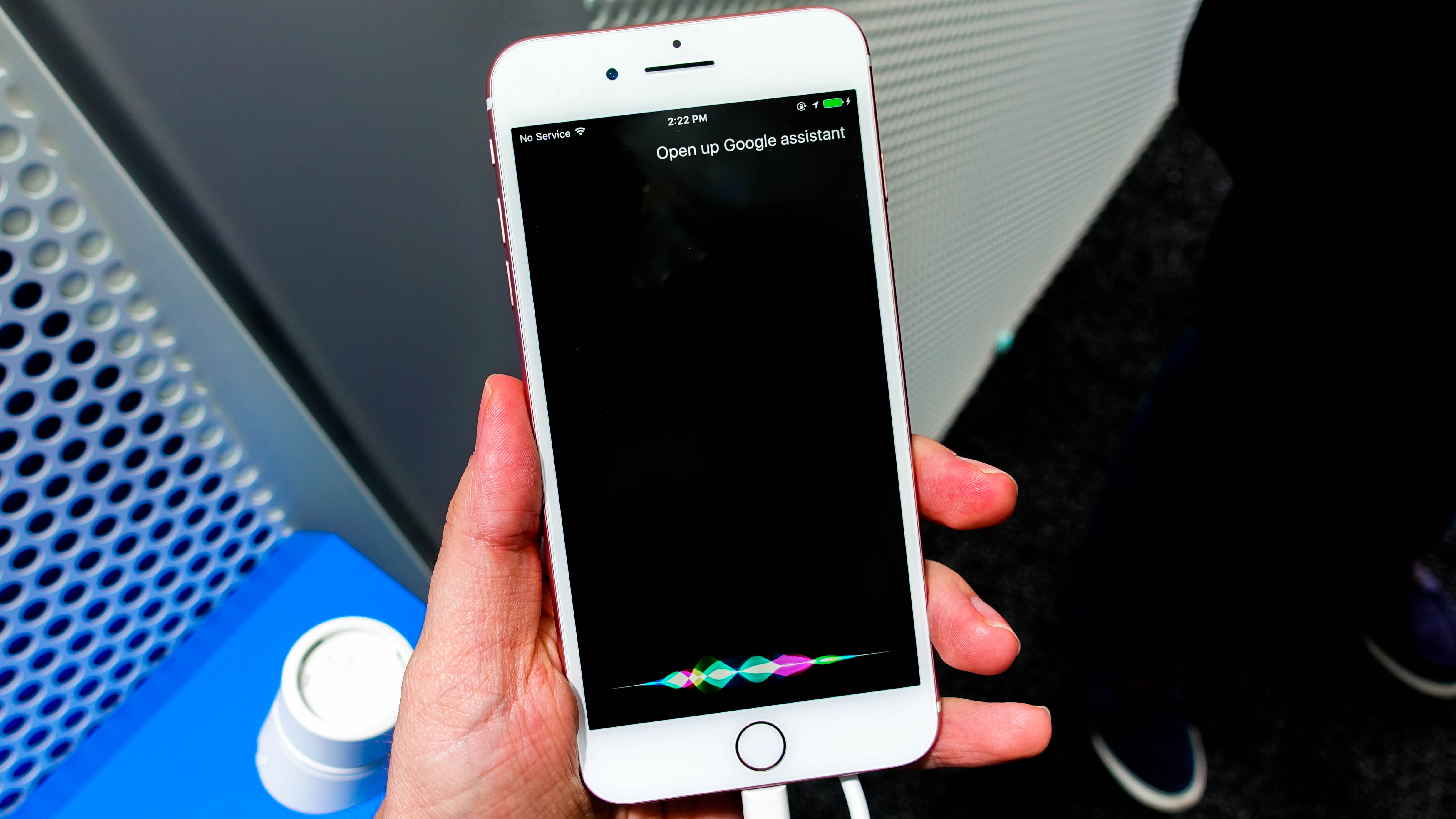
4. It's going to push Apple to launch its Siri speaker
Google Assistant on iPhone launched today – 19 days before Apple is rumored to unveil the Siri Speaker at WWDC 2017.
That's going to push Apple to expand its ecosystem faster, even if Assistant isn't going to realistically steal Siri users right away.
Apple is notoriously slow to compete if there's little competition. We often get iterative updates then. With Siri, it finally has a rival right in its own App Store.
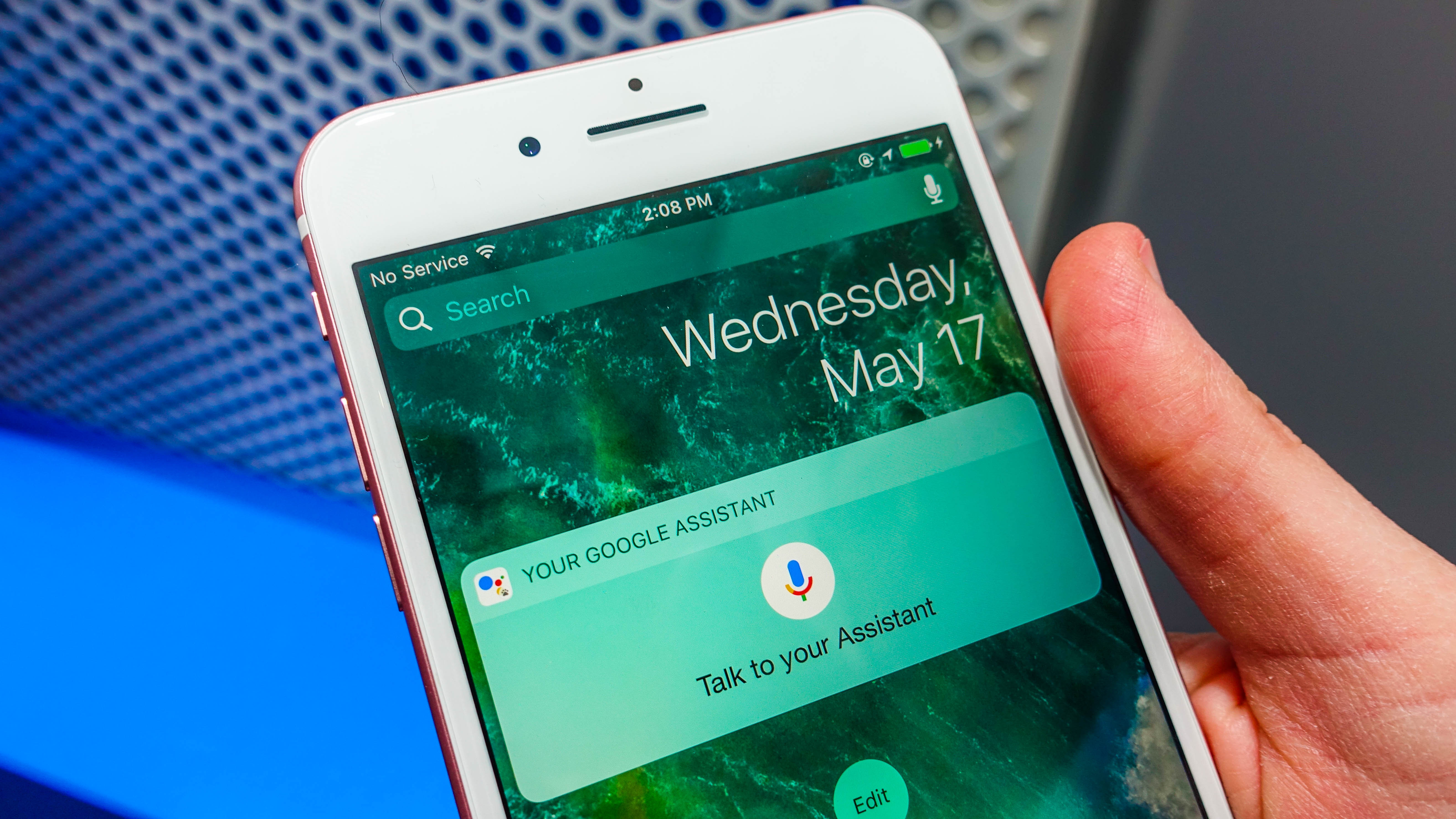
5. Be warned, you can't call it up from any screen
Google Assistant on iPhone isn't perfect. It's just day one, but there are deal breakers for any iPhone user.
Saying "Okay Google" from the home screen will do... absolutely nothing. Assistant doesn't have system-level access to the iPhone.
Assistant only works when the app is open. It also has a microphone button on the leftmost Apple Today 'widget' screen. That's just not good enough.
*Google Assistant still can't 'Name that tune' in its current form. That's why it's smarter than Siri in almost every way. How this is still an issue perplexes me.
If Google Assistant on iPhone remains restricted, it's still a big step in Google's plan to dominate AI – even if it only benefits Android in the end.
